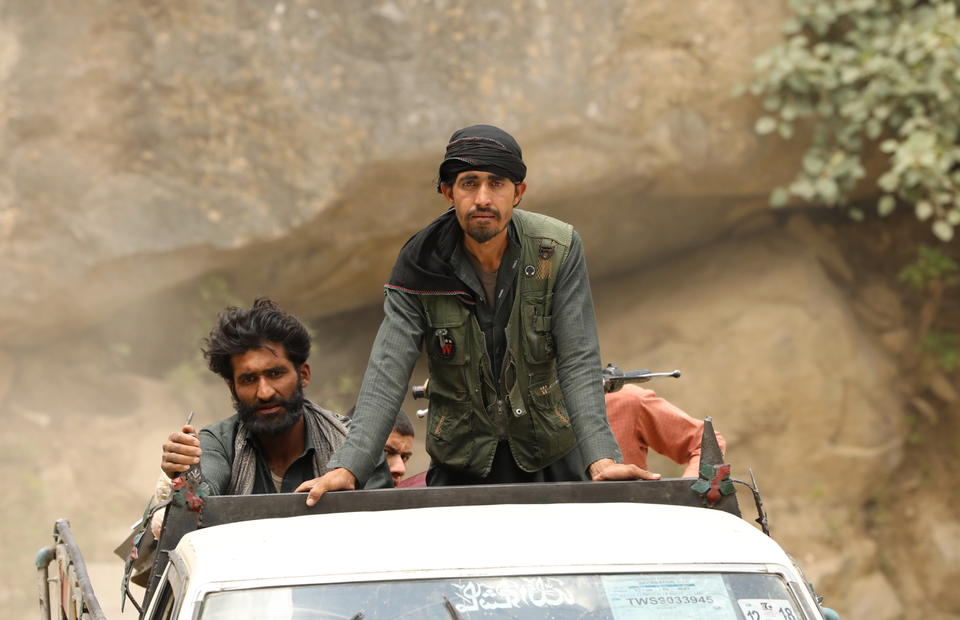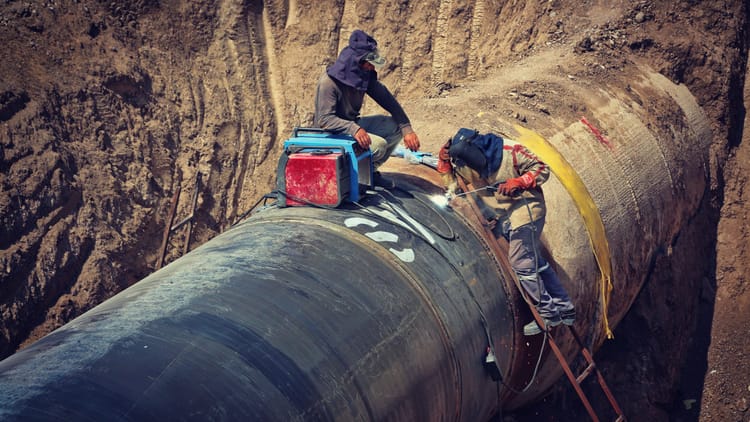Beyond Afghanistan

With the Taliban back in power, the United States and the international community are forced to confront Afghanistan’s failure to develop into a stable, functioning, democratic state. Despite more than $2 trillion invested in nearly 20 years of state-building, and after the deaths of tens of thousands of Afghans and more than 2,400 U.S. troops, the Afghan government never established authority over the country’s full territory—or was able to provide effective or reliable public services to areas it did rule. And despite nearly two decades of training, Afghanistan’s military more or less disintegrated before the Taliban, surrendering control of the country in a matter of weeks. Why couldn’t democracy take root?
Larry Diamond is a senior fellow at the Hoover Institution and the Freeman Spogli Institute for International Studies at Stanford University—and in 2004, was a senior adviser on governance to the Coalition Provisional Authority in Baghdad. Diamond says the United States invaded Afghanistan and Iraq primarily for security reasons, not to turn them into democracies. The two countries were exceptionally difficult cases for democratic state-building—on account of their histories; powerful, meddling neighbors; and identity clashes among the populations. Neither state, post-conflict, could provide its citizens with physical security, and both suffered from endemic corruption.
The collapse in Afghanistan, Diamond says, comes at a time when democracy is in retreat worldwide: China and Russia are actively undermining democratic regimes and supporting other autocracies, while many states face rising income inequality and a weakening rule of law, all as the West has cut back on democracy promotion. While Afghanistan has fallen back under Taliban rule and the world’s democracies come to terms with the failure there, Diamond says, it’s vital that they strengthen their commitment to confronting China and Russia—and defending democratic mores globally …
Michael Bluhm: What prevented Afghanistan and Iraq from becoming free, functioning, stable democracies?
Larry Diamond: It was never realistic to expect that they would become free, functioning, and stable democracies within a decade or even two. The goal in each case was not democracy promotion—it was security-related.





